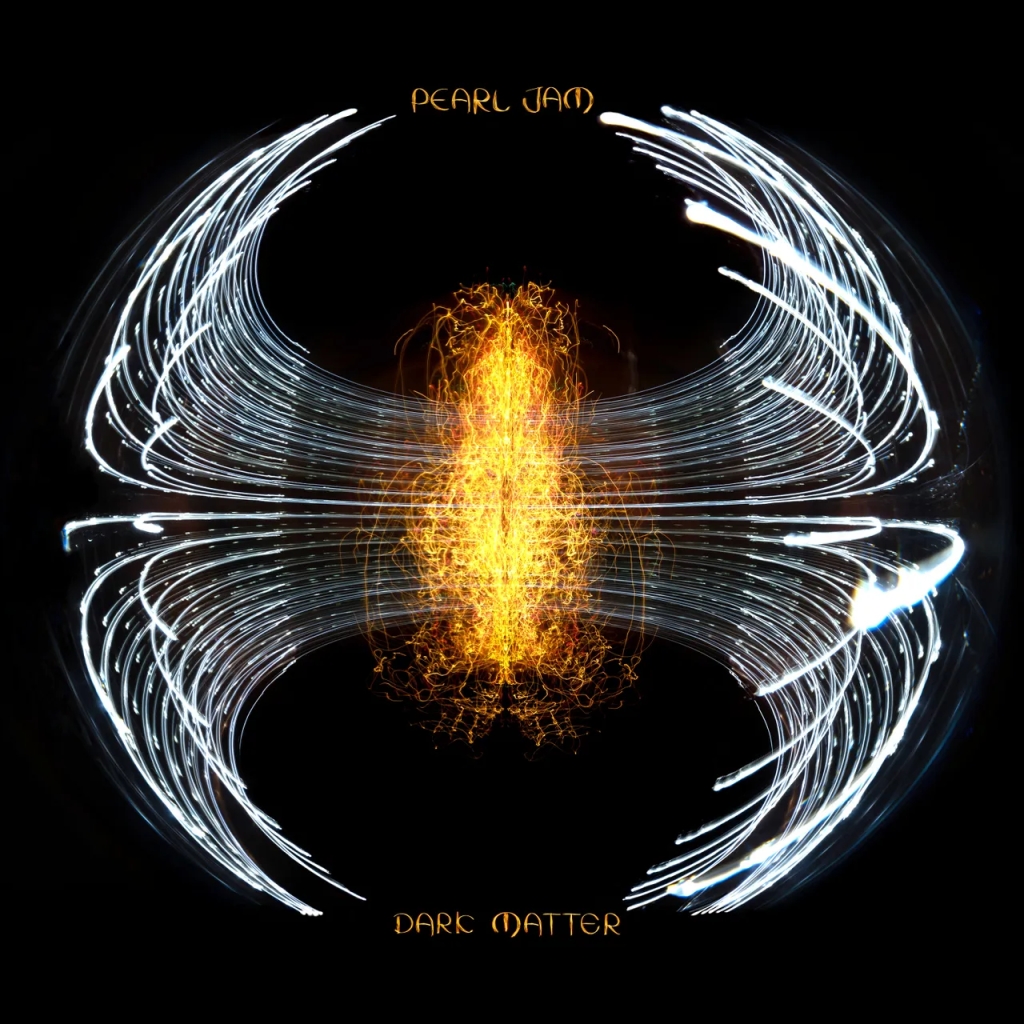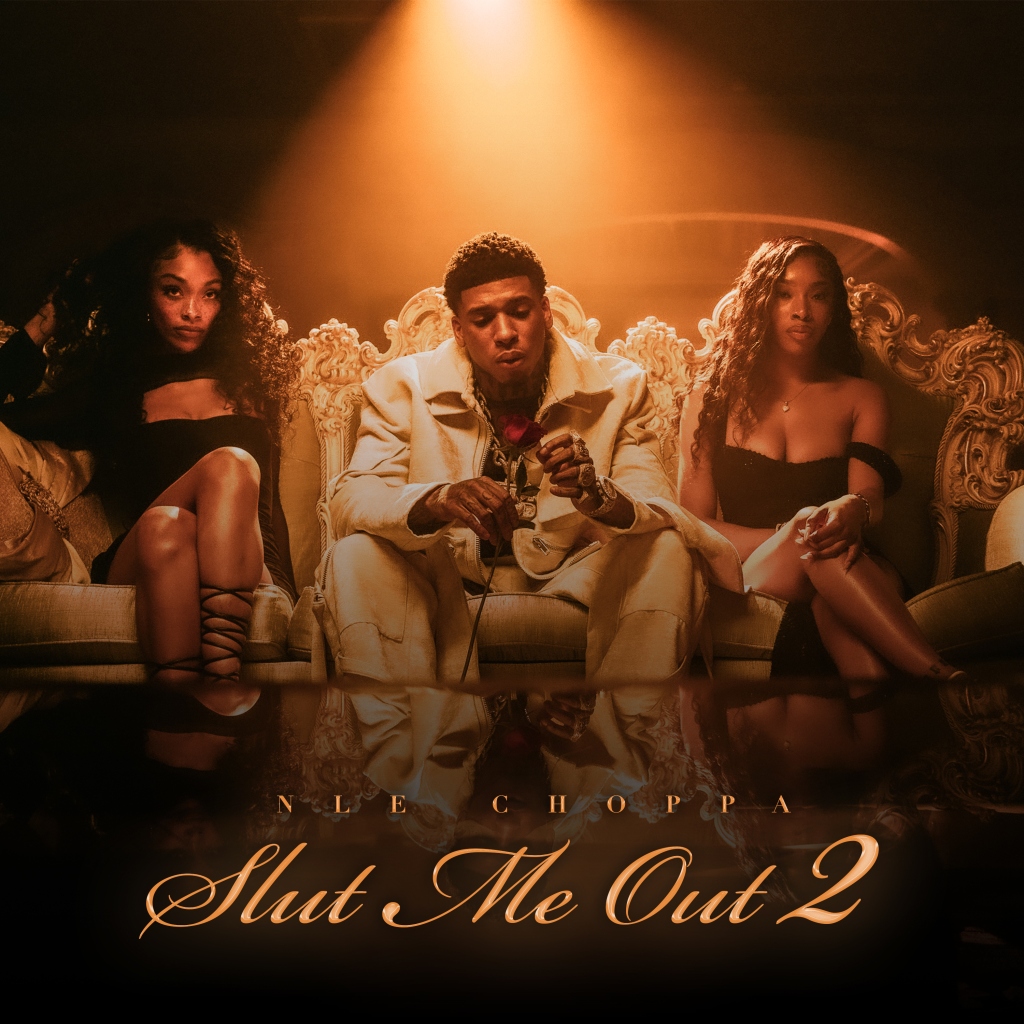By Marvin Dotiyal, Features Editor
[Photo via Sputnik]
Three knocks on the door and you’re welcomed with a cacophonous premonition of sweltering melodrama just seconds into Come In—a demanding first encounter that’s as expressive and enigmatic as the mastermind behind the Swedish emo noise-pop project, Weatherday.
In between the vertiginous ups and downs of cutting harmonics and distorted melodies, Weatherday’s 2019 full-length debut, Come In, gained positive groundswell in the modest corners of the internet—the middle ground where Car Seat Headrest fans weren’t side-eyed by Phil Elverum worshippers or ’90s emo know-it-alls with a knack for gatekeeping. Tethering the abrasive catchiness of Teen Suicide to the wistful jangles that are home to Neutral Milk Hotel’s On Avery Island, Weatherday culminates the rawest emotions with digestible, avant-garde acuity. Given such a niche sliver of appeal, however, they’re not what you’d see on r/Emo with the most upvotes or with an extravagant rating on Pitchfork; you’d be missing the point if Weatherday wasn’t a best-kept secret.
Read more: Artist Profile: Jessi Blue
As Weatherday’s strain of emotive, bedroom, lo-fi punk taps into the eccentric intellect of a multi-instrumentalist who goes by the name Sputnik, Come In is a picture-perfect portrait of Sputnik as much as it is a puzzle of their characteristic nuances as a nonbinary artist. Describing their sound as “bittersweet emo/noise pop with surrealistic and playful elements,” Weatherday’s influences derive not from the lofty comparisons that have been made, but from a mélange of artists, including Sputnik themself.
While originally coming from a classical background, learning the cello at a young age, Sputnik was inspired by synthpop but later turned to a steady dose of bands such as The Brave Little Abacus, My Chemical Romance and Shinsei Kamattechan. Sputnik also rehashed surreal elements from their own now-defunct webcomic series as well as Haruki Murakami novels, which are alluded to frequently (case in point, their go-to moniker and “My Sputnik Sweetheart”).
Followed by three knocks and a sheepish “come in,” the titular opener immediately sets the off-kilter mood with a wailing guitar tapping that blows right through the door. In proper emo fashion, “Older Than Before (Oswald Made No Way For Himself)” captures the dread of growing up, and the haunting intro and melodic buildup of “Cut Lips” zeros in on surreal glimpses of regret and tragic romance. The penultimate track, “Aгaткa (Agatha! You’re Being Melodramatic),” is a saccharine ballad that gives a sweet change of pace, soaring with melancholy.
Whether it be the unnerving rush of a fledgling romance or the delusional impulses that arise from it, the LP journeys through a magnitude of emotional highs and lows, culminating in its rippling leitmotif: letting someone into your life and ultimately outseeing the verisimilitude of love. The gender-bending lyrics and vocal duties set a highly conceptual narrative that continuously tips the fulcrum between Sputnik’s conscious, subconscious and virtually everything between.
“There’s a lot going on; for example, having three different perspectives within its own theme in the same line of text,” Sputnik says. “To summarize and generalize, it’s about letting someone or something ‘come in.’ Might be you letting your true self be faced out, letting a friend in through your defenses and trusting them or making yourself step inside, even if it’s devastating to you.”
However, as emotional depth can only be so expressed in formula, the record directs its spotlight to their experimental numbers such as “Mio, min Mio” and “My Sputnik Sweetheart”—the 14-minute, Queen-sized emo epic. “Both songs feature an element of time, which I wanted to convey with my songwriting style of using sudden changes,” Sputnik explains. “The song’s story spans over three years, so hopefully it feels like it takes you places when listening.”
The track was originally over 20 minutes and the last to finish on the album but was cut down, removing the least important lyrics and instrumentals. “‘My Sputnik Sweetheart’ felt impossible to make at so many points that the accomplishment is enough to make it a favorite of mine, not to mention that I think it’s an album highlight with the compositions used in there,” they express.
For Sputnik, themes and lyrics set the creative foundation, further dictating the tone and structure. Come In introduces its exposition with minimalist lyrics that reveal themselves like distant memories—the oddly familiar kind that dwells in dreams as if they were nostalgic déjà vus. Flashbacks of such vignettes come and go throughout the record evocatively, as certain phrases, themes and characters recur in the songs. “I wanted it to use the lyrics to glue together everything into a general feeling, almost as if the album [is] a series of memories recalled at the same time,” Sputnik says. “Calling back to a previous usage of the same word while having a second meaning was also meant to insinuate that connection to other songs.”
The connection is also made musically; for instance, the melody during the final seconds of the closer, “Porcelain Hands,” appears in the last part of “Embarrassing Paintings (Agatha Showed Great Initiative in Art Class This Week)” as well as in a transition from “Water Dreamer The Same.” Most notably, the guitar tapping from the first track reprises and bookends the album, contrasting the opener with an optimistic outlook and conveying “how turbulent emotions tend to be.”
The album was also recorded in different settings outside of a typical bedroom, including a cabin in the mountains, a bog and in the city during its after hours. “I recorded one of the songs’ vocals out in the city during the night spontaneously. At the bog was a similar situation, but that was because I had to record loud singing parts, and that wasn’t possible if I knew someone could hear me, being very shy.”
While the bare-bones production may be off-putting for armchair listeners, it wouldn’t have been the same if Sputnik didn’t lose their voice screaming on the Urbanears Plattan 2 inline mic with Persona samples thrown liberally in the mix. The harsh, dissonant atmosphere streamlines the whole experience to greater effect and is a crucial centerpiece to their aesthetic. Even in stretches of clipping peaks of distortion, the ambiance buzzes like a fridge waiting to be opened—only to find more to digest from the preserved past or inner subconscious of Weatherday’s world.
All of these subtle triggers in Come In are pivotal to Sputnik’s idiosyncratic approach to songwriting.
“I try to make my songs have what I call ‘mumami’—musical umami,” Sputnik describes. “It’s when something sounds good, like the perfect bass notes to a chord progression with an unpredictable or very predictable melody that just brings it together, but you’re not necessarily sure of why they click; could also just be a brief moment in a song and you always wait for it to come, like the way a word is pronounced over a specific chord or whatever that really gets to you; could be an energy or aesthetic of a song or album that makes you like it so much while usually not even being into the genre that much at all. Everyone has their own taste in music and what they think sounds good, but what I call ‘mumami’ is kind of me trying to find something that works beyond my personal taste and get to the point of ‘this sounds good, but I can’t quite put my finger on why.’ I have a long way to go, but I’d like to perfect this someday.”
Although Weatherday initially started out as a joke, Come In has proved itself as an ambitious artistic stride and a rarity that embraces you dearly with emotional strife but also warmth—an intricate dynamic that is as real as intimate human relationships. Not everyone will like it, but that sentiment is its own charm. And despite Sputnik’s tendency to keep their identity private, the album, paradoxically, is an unfiltered, stripped-down reflection of Sputnik themself.
“I want my music to have a lot of personality, so I try to not be too distant from my songs. If I make a song, and it doesn’t feel like me, it’s getting scrapped or adjusted from the ground up.”
With that virtue deeply embedded in their playbook, Weatherday exudes a kind of magnetism that is truly human—imperfect, complex and unapologetically raw. “It was important for me to be the only one who had made it; I wanted it to be 100 percent my own project.”
Listen: Weatherday – Come In





Leave a comment